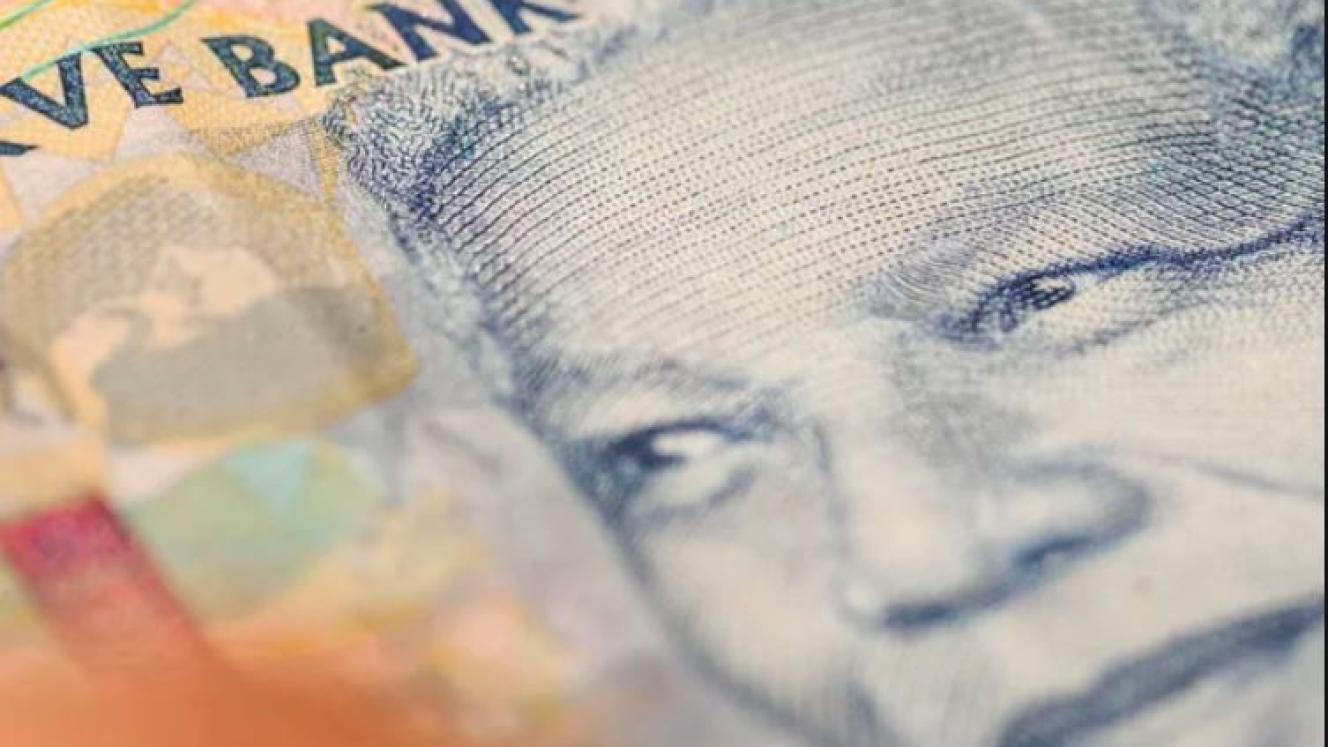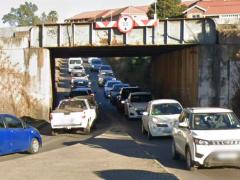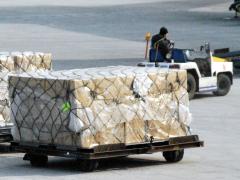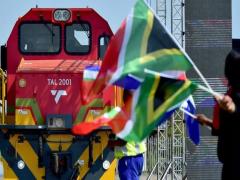Gird your loins.
The rand is in for a rocky ride as 2020 picks up speed and the economy reacts to government action – hopefully the right kind – against a larger backdrop of global developments.
With predictions that the local currency could fall as far as R18 to the dollar if finance minister Tito Mboweni’s February budget statement disappoints and ratings agency Moody’s ‘junks’ the country’s last remaining above-grade rating, South Africa’s economy seems to be hanging by a thread.
Should a downgrade happen, the rand may fall to its lowest level against the Greenback since January 2016 when former president Jacob Zuma fired his finance minister, Nhlanhla Nene, and resulting reverberations across international markets adversely affected the rand.
Citadel chief economist Maarten Ackerman believes that despite various assurances by President Cyril Ramaphosa and finance minister Tito Mboweni that the economy is fixable, much more than lip service is required.
With rigorous restructuring of the economy palpably absent as Ramaphosa battles to balance his act between pleasing the ANC and doing what is right for the country, Ackerman is just one economist who seems to believe following Mboweni’s budget speech in February, Moody’s will join peer agencies S& P Global and Fitch in “junking” South Africa.
Another block of cement slung around South Africa’s neck is Eskom.
If the power utility’s recently appointed CEO André de Ruyter succeeds in turning the loss-making power company’s fortunes around, it could dissuade Moody’s from withdrawing its above-grade rating for government bonds.
However, it’s unlikely for Eskom to be out of the woods by the time of the budget speech and the ratings agency’s next scheduled reassessment. It will take a talismanic gesture of sorts, in the least, to indicate to Moody’s that the parastatal is on the right track.
And besides Eskom, what Moody’s really wants to see, FNB economist Kabelo Tshola told markets writer Odwa Mjo, is drastic cutbacks in government spending.
Should they see such actioned intentions, they may just give the South Africa the ratings reprieve it so desperately deserves.
Unfortunately, with the local economy having contracted twice last year, in the first quarter and in Q3, the rand appears to be on the ropes.
This is especially as last year’s Q4 data, which is yet to be released, seems set to come in lower than the 0.5% growth that the Reserve Bank predicted.
With government spending heading where it is and the economy lagging behind, fears are that not enough tax revenue will be raised to adequately service government debt, said to gobble up around 80% of GDP in the next decade.
And yet although government spending is the time bomb that needs defusing, mainly through selling off loss-making parastatals such as SAA and through drastically trimming the civil servant’s wage bill, Mboweni will most likely have to kowtow to party pressure by slashing the wage bill, which will costs jobs, and not pulling the plug on underperforming state-owned entities.
It’s for that very reason that Ackerman, Tshola and peer economists believe Moody’s will downgrade government bonds at the end of February.
It will result in South Africa falling out of international indices, and investors, out of necessity as per global bond regulations, withdrawing their money from the country.
And yet some economists, like research head at RMB, John Cairns, believes the rand is resilient enough to absorb such a shock and that it will settle around R15.50 by the end of the year in the event of a downgrade.
Even Ackerman feels that the rand will probably, after initially falling to R18 against the dollar, recover to around R16.
It is even felt that as the US and China close in on a trade truce, the rand could gain as much as 4.4% against the Greenback. Fallout from Brexit at the end of January is also analysed from the point of view of probably playing into the local currency’s favour.
Either way, the rand seems to be on the edge of a roller coaster ride. Hold on. – Eugene Goddard













